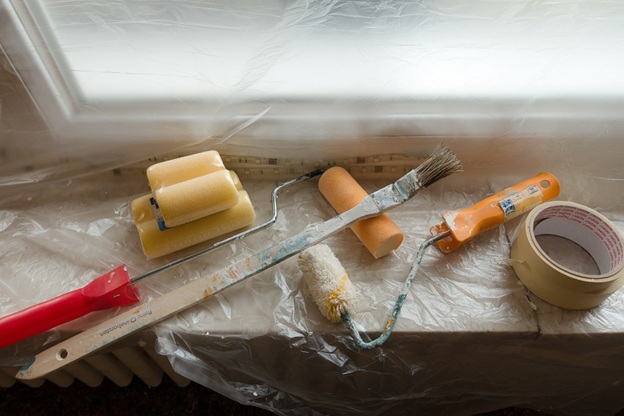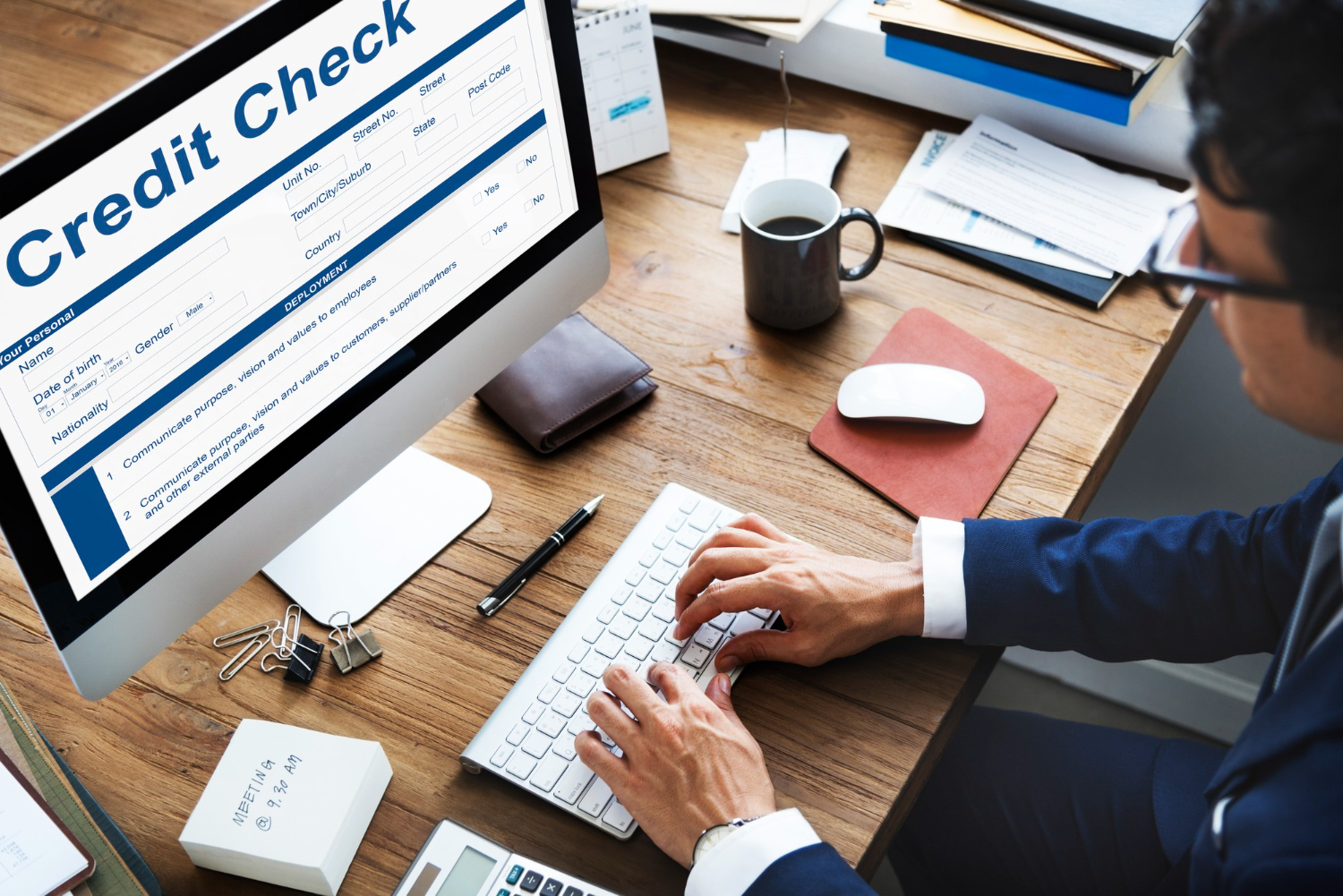For seniors looking for a new venture, house flipping offers a compelling blend of creativity…

Refinancing your home despite volatile interest rates might work to your advantage. There are many good reasons to consider it, like shortening the length of your mortgage or accessing your home’s equity. Some homeowners might want to access equity to pay off other high-interest loans or reduce or eliminate credit card debt. You might want to remodel or add on to your home.
Lower Your Interest Rate
Pay close attention to current mortgage interest rates. It’s smart to consider refinancing since you can lower your monthly house payment, reduce the term of your loan, or lower the total interest you pay on the entire loan. Lowering your monthly mortgage payment allows you to pay more on your principal balance or sock the money away for a rainy day.
If you find an interest rate that’s at least 0.5% lower than your current rate, it’s worth it to consider refinancing. If you find the benefit of a lower monthly house payment or a better loan term more than offsets the cost of closing, then jump into a new mortgage on your home.
Run The Numbers
Mortgage interest rates jumped in the last few years, but they are expected to level out in the coming months. There are other benefits to consider in addition to interest rates when refinancing your home:
- Pay off your mortgage faster by refinancing into a shorter loan term. You could save tens of thousands of dollars over the life of your loan by refinancing for a better rate, so why not consider a shorter term to pay off your house faster? If you’re planning to stay in your home longer than 7-10 years, paying down on your principal puts more cash in your pocket when you eventually sell your home.
- You’re looking for a different type of loan, now’s a great time to make the switch. Maybe you have an adjustable-rate mortgage and you’d be more comfortable with a fixed rate. Or maybe your loan is an FHA loan and you don’t want to continue paying mortgage insurance premiums.
- You want to access your home’s equity. Have you been in your home for a few years? If you’d like to remodel, repair, or add on to your home, cashing out your equity is a smart way to finance those projects without taking out high-interest loans.
Reasons Not To Refinance
Even if interest rates are low, there are a few good reasons to sit on your current mortgage:
- You’re planning a move. If you’re not planning to stay in your current home for more than another three years, sit on your mortgage. Closing costs can be significant, depending on the bank and the loan. Application fees, attorney fees, appraisals, title fees, and insurance costs all add up to an average closing cost of $5000. In order to offset the expense of refinancing versus the benefit of a lower monthly payment, you’ll want to stay in the home for a least a couple of years.
- If you’ve been in your home a while or have paid down significantly on your principal balance, you might want to continue paying on your current loan. You might not gain much benefit from refinancing if your loan balance is already low.
- You’ll need a decent credit score to successfully refinance your home. If you lost your job or have otherwise been late on payments, you might not qualify for the best rates. It’s always worth it to investigate, but it may be wise to sit on your current loan for a while longer while you improve your creditworthiness.
The Bottom Line
If you’re thinking about refinancing your home, it might be in your best interest to do it now to take advantage of better terms or to access your home’s equity. You should review all the options available to you with your banker and weigh the benefits against the cost of refinancing, including current interest rates versus your current one.


